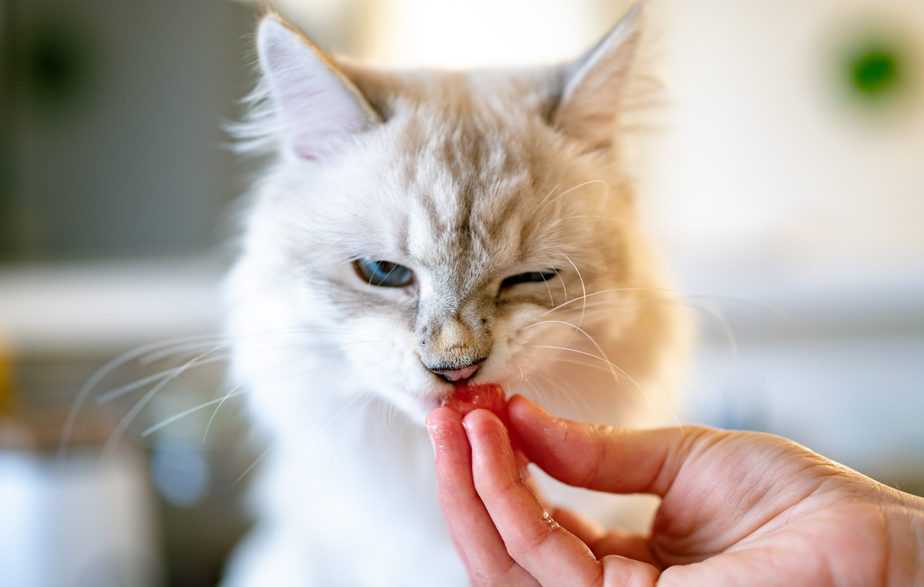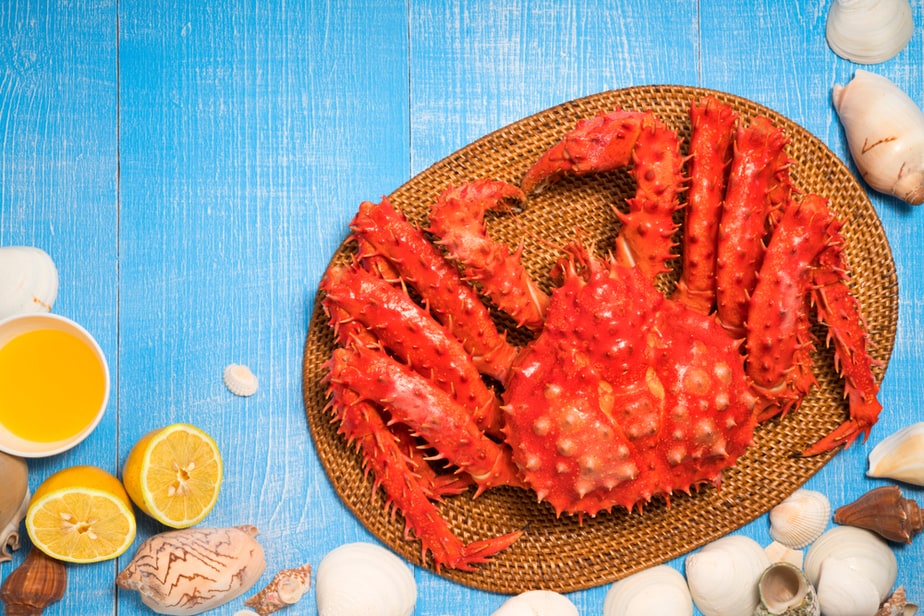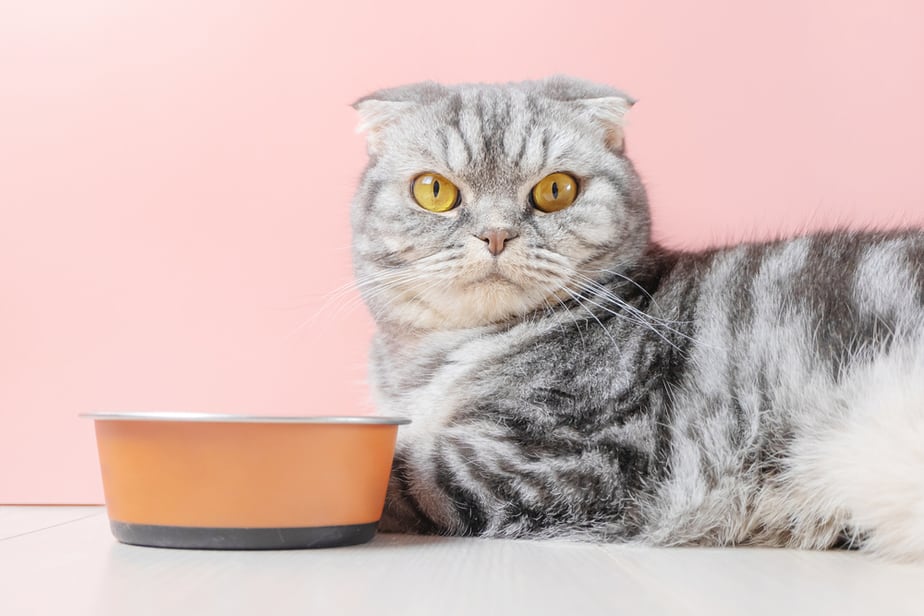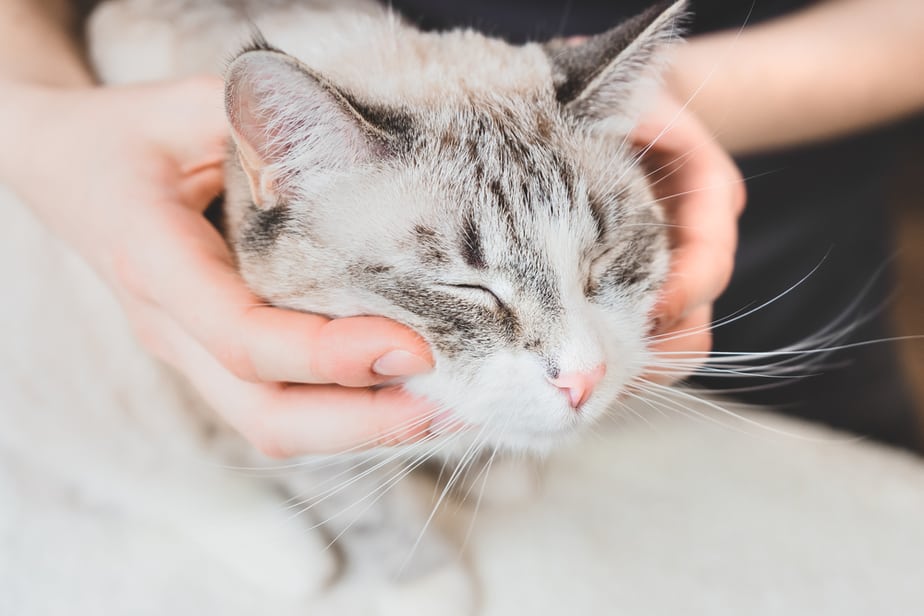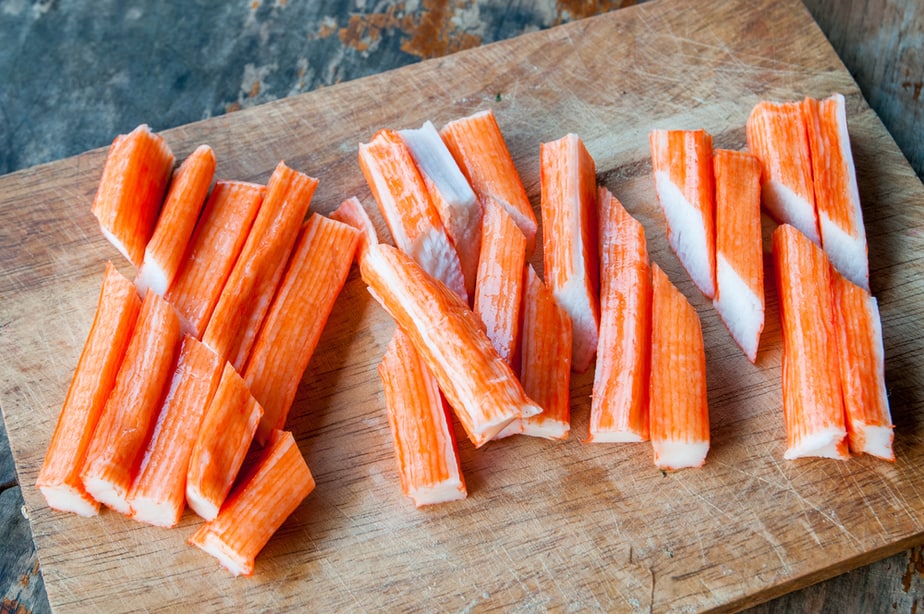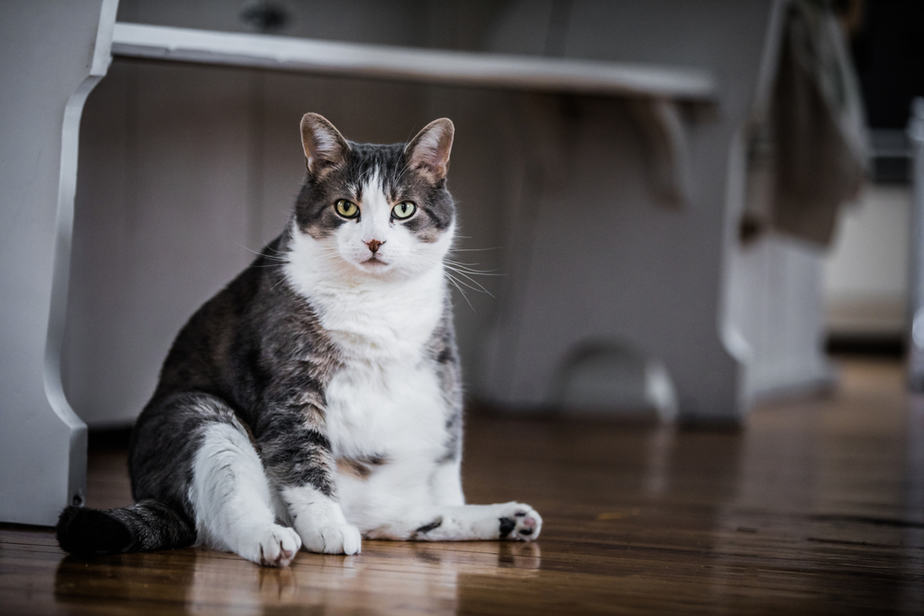📖 Table of Content:
Seafood has become a staple in many households because of its health benefits and delicious variety. If you are a cat owner, you’ve probably asked yourself on more than one occasion whether seafood is good for your furry friend, too? Can cats eat crab, for instance?
Crabs are edible crustaceans with a very hard and rigid exoskeleton. Their tempting fishy odor makes them irresistible to cats. If you are anything like me, you love sharing food with your trusty sidekick. But, is sharing crab a good idea?
The answer to that question is – a solid maybe! Crab meat can be a delicious trick to stop your furry friend from jumping on the table to check what odd-looking crustacean is on the menu. However, the outer shell might be the reason to give up on this gourmet dish completely.
Can cats eat crab?
Generally speaking, cats can eat crab. There’s no actual data showing that crabs are toxic or in any way harmful to your pet. Just make sure to include it in their diet gradually and occasionally.
Cats are carnivores and require protein-packed nourishment in order to survive. Crab is flavorful, high in protein, and contains a variety of crucial amino acids. It will provide your beloved pet with abundant energy!
If you’re wondering whether your feline friend will like crab or not, the only way to know is to let her have a taste. Cats are very complex creatures and it’s impossible to force anything on them. It can take a certain amount of time to get used to new flavors.
Remember – crab shouldn’t be a regular dish in your cat’s diet. It should only be used as a casual treat, and you should be wary of different parts of the crab.
Can cats eat crab meat?
The best part of the crab is crab meat. Luckily for your furball, crab meat is incredibly healthy and rich in essential nutrients that can only be found in the wild.
Since your beloved pet spends most of its time lounging on the couch, it is your duty to provide delicious and nutritious sustenance. Crab meat might be the answer you’re looking for. Check out some of the incredible benefits your furry friend could get from a crabby treat.
1. Protein
Crab meat is a great source of high-quality protein and amino acids, which are vital for cats. 100 grams of crab meat contain 19 grams of protein, which makes it a perfect choice for you if you’re trying to supplement your pet’s protein intake.
If your cat is not getting enough protein, she can develop various problems. Protein is essential for your cat’s skin and coat, which means a lack of protein might lead to loss of hair and (in some cases) hair color.
An occasional crab meat treat can help to preserve your furchild’s beautiful, healthy, and shiny coat.
2. Fat and omega-3 fatty acids
Seafood is known as a great source of omega-3 for humans and their pets, and crab meat is no exception. It contains around 350 milligrams of omega-3 fatty acids per serving.
These specific fatty acids not only promote joint health, but ensure healthy skin and a shiny coat with less shedding. That means fewer hairballs for your cat during the self-grooming time, which is a win-win situation in my opinion!
3. Vitamins and minerals
Crab meat is also rich in vitamin B12, zinc, niacin, folate, selenium, iron, and many other vitamins and minerals. Not only that, some of these vitamins and minerals (like vitamin B12) are very difficult to find in nature yet are abundant in crab meat.
It is important to note that, although crab meat is packed with various beneficial nutrients, it does not contain everything your cat needs to be happy and healthy. Make sure to use crab meat as an occasional snack rather than an everyday meal. Another trick is to mix crab meat with your regular cat food.
Crab meat is also a great choice for your feline friend because it is low in mercury, unlike many seafood options. Some other low-mercury seafood is tilapia, shrimp, and scallops.
Raw vs. cooked crab
If your furry shadow sneaks up behind you and steals your freshly cooked crab cakes, you might not be in too much trouble. But what if she pilfers the crab before it reaches the pot?
Historically speaking, cats are natural hunters and they are no stranger to eating raw flesh. However, seafood can be very tricky since it often contains parasites and bacteria that could harm your cat. Unfortunately, crabs fall under the same category, which means you should never feed your cat raw crab meat.
An occasional snack made of properly cooked crab seems to work best for cats. If you are planning on sharing your dinner, make sure to cook the crab with no additional seasonings or sauces. Especially avoid onion and garlic at all costs because they are incredibly harmful to cats. Plainly-cooked or boiled crab meat is the way to go!
Potential seafood allergies
Before feeding anything to your cat, make sure to check for allergic reactions. Seafood allergies are rather common in the feline community, so you should always check for early symptoms and react accordingly.
Upset stomach, diarrhea, and vomiting are a cause for concern, and if your cat is experiencing anything of that sort, you should contact your vet immediately. And it goes without saying that if your cat has had previous allergic reactions to seafood, you should avoid snacks containing crab meat.
Can cats eat crab shell?
This answer is a clear-cut NO. Never feed your cat crab that’s still in its shell. Crab shells are extremely hard and sharp, and they can easily damage your cat’s digestive system. It can cause blockage, cuts, and internal bleeding.
Make sure to remove every piece of shell before feeding your pet. If your pet accidentally ingests crab shells, contact your vet immediately and follow the instructions to make sure she is fine.
While we’re at it, you might be wondering if cats can eat crab legs? The same rule applies: Remove any hard shells from crab legs and your cat can have a feast. Crab legs are just as nutritious as the rest of the crab meat.
Can cats eat imitation crab?
If you’re a crab lover (which you probably are since you’re reading this article), you’ve purchased imitation crab before. After all, it is much cheaper than real crab and you love sharing it with your furry friend. However, should you be feeding your cat imitation crab? Can cats even eat imitation crab?
Cats can eat imitation crab, but you have to be careful with it. Imitation crab is not real crab, which means it contains ingredients that might be harmful to your pet. Check the list of ingredients, and if safe, make sure to limit your cat’s intake to small, infrequent quantities.
What is imitation crab?
Imitation crab is made from surimi – a paste created by mixing deboned fish flesh with other ingredients and shaped in a way that mimics crab meat. Ironically enough, imitation crab contains no actual crab meat except for smaller amounts of crab extract added for flavoring.
Nutritional value
Even though they both have a similar calorie count (great news for overweight kitties), imitation crab is higher in carbs and lower in protein, vitamins, and minerals.
It is also important to mention that imitation crab often contains ingredients like sugar, salt, and vegetable oil which are detrimental to your cat’s digestive system. It may also contain colorings, preservatives, and other additives which might be generally recognized as safe by the FDA but could still cause harm to your pet.
Risks vs. benefits
Imitation crab can be healthy for your furry friend if eaten in strict moderation. Is it a better choice than properly cooked real crab meat? Not really. But it can still serve as a delicious treat when your cat is feeling extra hungry.
On the other hand, you have to be extra careful with imitation crab because it can contain various ingredients that could potentially do more harm than good. As stated above, imitation crab contains less protein, vitamins, and minerals than real crab meat, which are important agents in assuring your pet’s health.
High levels of sugar can cause your cat to gain weight or even increase your cat’s blood sugar levels. This is especially dangerous if you have a diabetic cat. The amount of starch usually contained in imitation crab makes the situation even worse.
Imitation crab also contains phosphorus, which can negatively impact kidney function if consumed in large quantities.
That being said, imitation crab served as a rare treat is safe for your pet. As long as your cat consumes a variety of food rich in protein, vitamins, and minerals, you don’t have to worry about a casual bite or two of imitation crab.
To crab or not to crab?
Being a cat parent is no easy job! Sharing your delicious meals and snacks with your furry child comes with the territory. When it comes to crab, you don’t have to worry too much.
You can give your cat occasional crab treats. Make sure to cook the crab as plain as possible. Don’t add any salt, seasoning, herbs, or flavorings that might harm your cat’s digestive system.
Always clean the crab before feeding it to your feline friend. Be sure to remove the hard shells because cats have a hard time digesting them, and they can easily choke on smaller pieces.
Like any other food, crab meat isn’t healthy if consumed in excess. As a responsible cat owner, you have to make sure to correctly portion crab meat or any other seafood treats. And if your cat is allergic to seafood, or has eaten raw crab or crab shells, contact the vet immediately.
Next time you’re making a mouth-watering seafood curry for dinner, make sure to keep some leftover crab meat aside to prepare for your furry companion. For lack of better seasoning options, you can always use lots of love! That is one ingredient that can never harm your beloved furchild!
Read while you’re here: Can Cats Eat Scallops? Is This Seafood Safe For Her?
